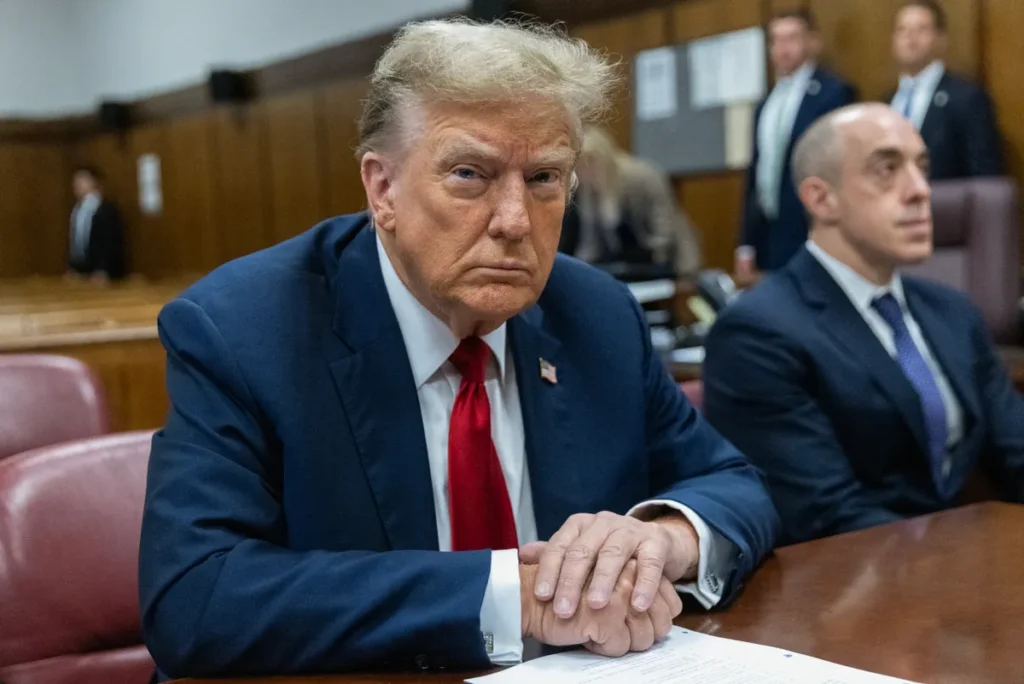According to reports by Bloomberg and the Wall Street Journal, some industries may also be considered for reciprocal tax exemption, because they are all very important industries to the US economy.
In just a few days, April 2 will be the day that US President Donald Trump has declared America’s “Liberation Day” – a turning point that he asserts will help the United States regain wealth and fairness in trade relations with other countries.
If about a month ago, US President Donald Trump announced a roadmap to apply reciprocal tariffs , meaning “reciprocal” taxes with every country that imposes tariffs on US goods, the story would be different now. The scope of this round of tariffs could be narrowed.
According to reports by Bloomberg and the Wall Street Journal, some industries may even be considered for reciprocal tax exemption, as they are all very important industries to the US economy.
On the social network Truth Social, Mr. Trump expressed his determination to rebalance trade by imposing import taxes on countries with high tariff and non-tariff barriers.
“If they don’t make it in the United States, they pay tariffs. But if they make it here, they don’t pay a dime. All of this will bring trillions of dollars into our treasury,” said US President Donald Trump.
However, experts warn of a series of spillover effects.
“Trump loves drama, and April 2 will be dramatic,” said Gary Hufbauer, an economist at the Peterson Institute. “Financial markets will be watching closely, as affected industries will impact stock values, exchange rates, and the entire supply chain.”
Three sectors are considered sensitive: automobiles, pharmaceuticals and semiconductors. In the case of the automobile industry, Mr. Trump was forced to postpone the plan to impose tariffs after major companies requested exemptions due to their supply chains tied to Canada and Mexico.
Mr. Gary Hufbauer – Economist, Peterson Institute commented: “The supply chain connection between the US, Canada and Mexico is too high – if tax is imposed, it will damage the whole chain”.
On pharmaceuticals and semiconductors, reports from Bloomberg and the Wall Street Journal suggest that Mr Trump may also have to make concessions. The US relies heavily on imported pharmaceuticals and components – which are not easily replaced in the short term.
“We need pharmaceuticals in our lives and semiconductors for everything from cars to refrigerators. Imposing tariffs on these items could cause a manufacturing crisis,” said Gary Hufbauer, an economist at the Peterson Institute.
Another notable commodity is copper – an important raw material.
“About 50% of the copper the US uses is imported. Domestic mining is slow and polluting – raising taxes only increases costs throughout the entire industrial chain,” added Gary Hufbauer, an economist at the Peterson Institute.
Still, President Trump remains determined to pursue the goal of balancing the trade deficit of more than $1.2 trillion. The White House said the “reciprocal tariff” list could focus on the 10-15 countries with the largest trade surpluses. According to Hufbauer, the implementation process could take months, with many bilateral negotiations between businesses and the government. April is approaching, and with it, a new test for global trade and President Trump’s policies.
















